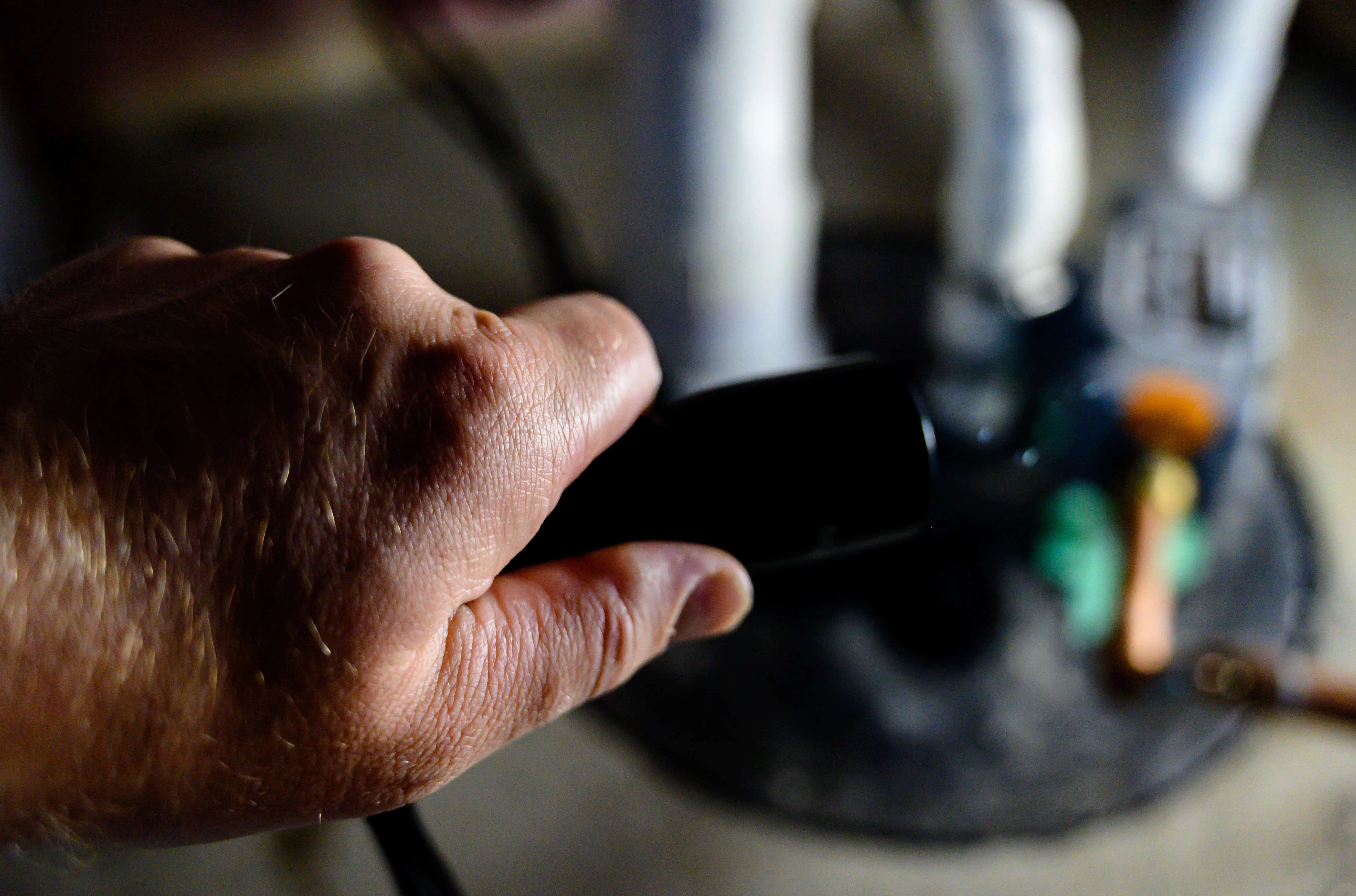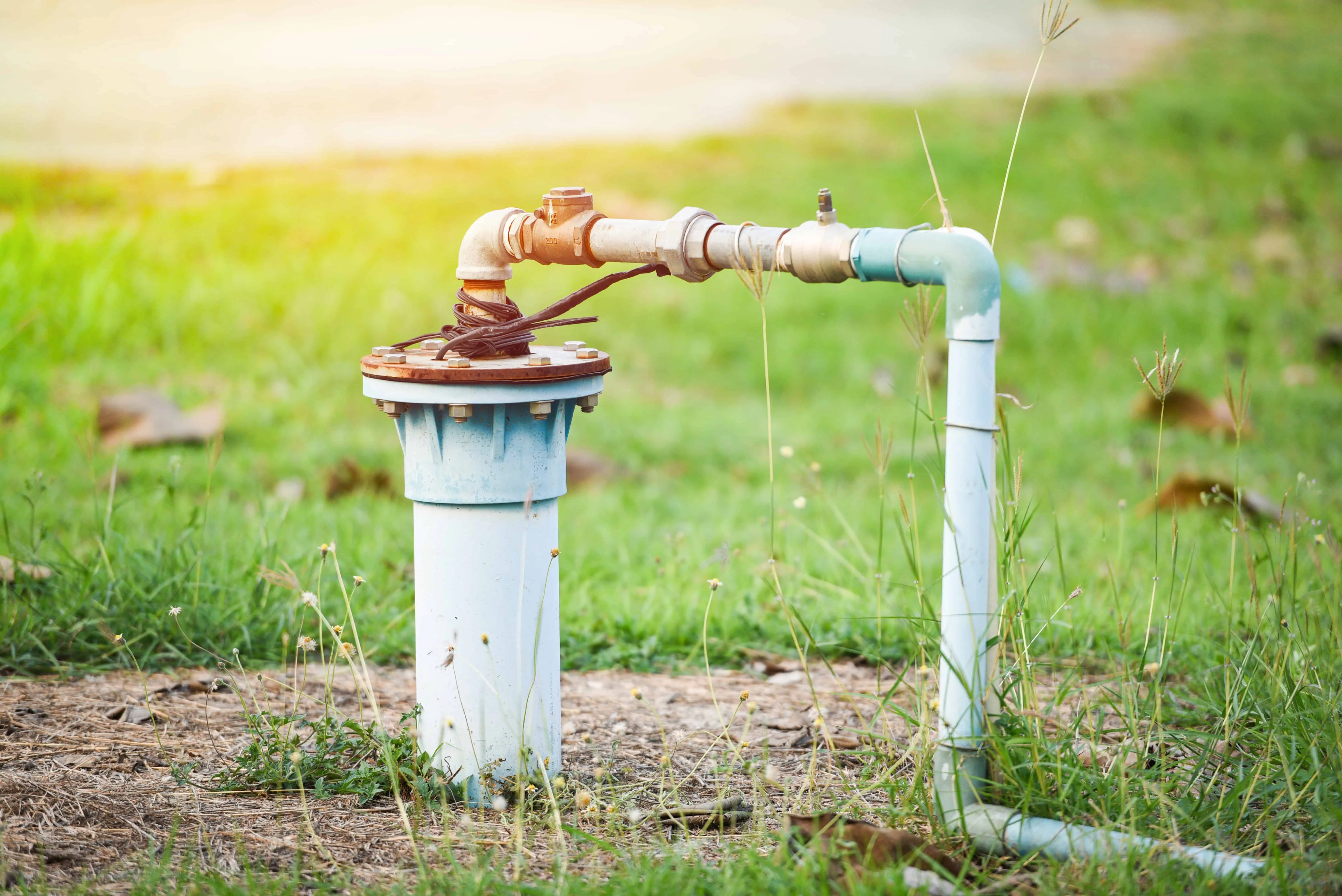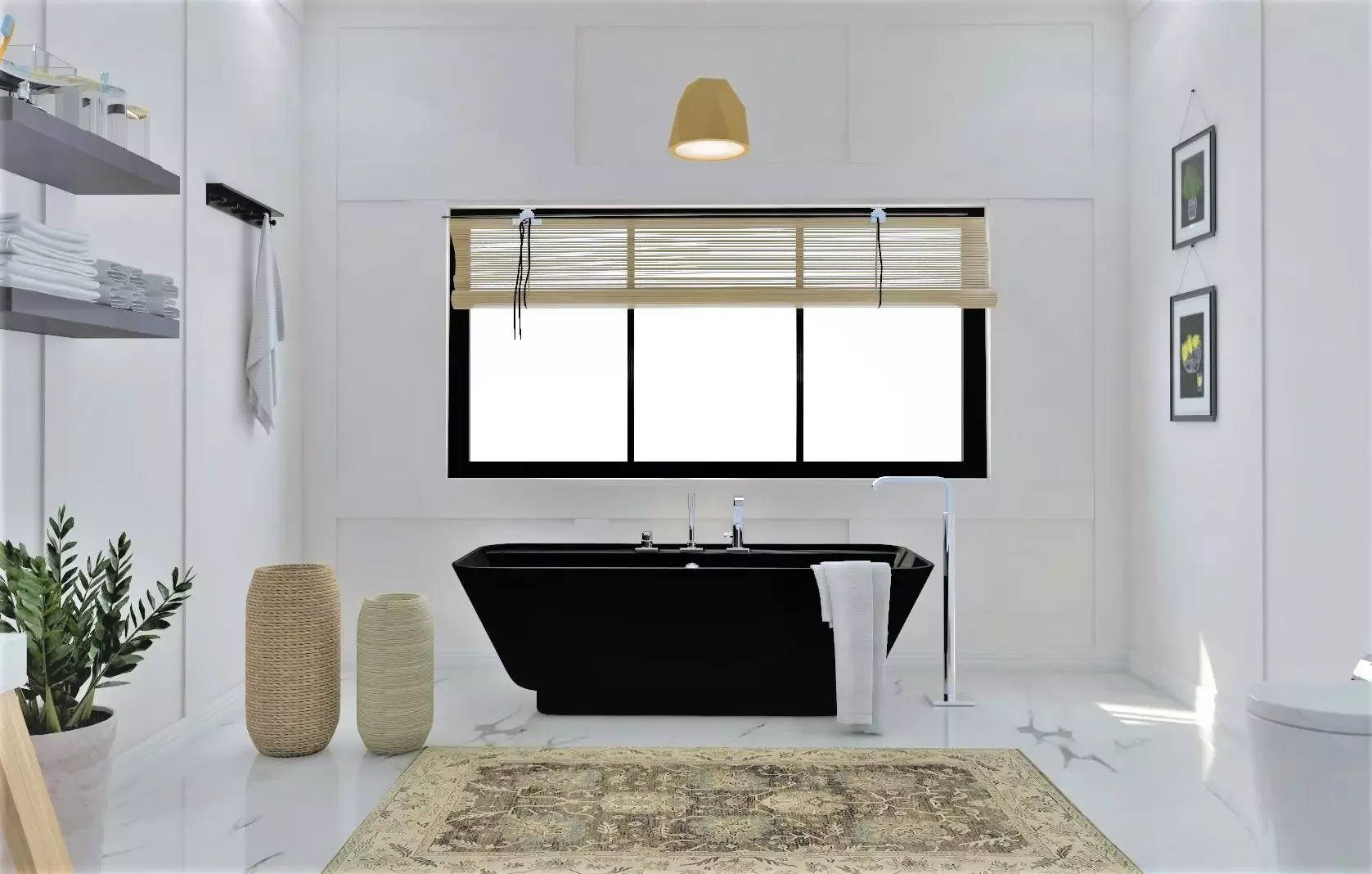5 Signs That Indicate the Need for a Well Water System
Every homeowner strives to continuously improve their home. That's why the industry of home renovation and improvement has always been and will remain successful.
Although most projects undertaken by homeowners concern the appearance of the house, there are also specific projects focused on utilities. A great example of such projects is installing well water systems. While the main goal is to provide homeowners with an alternative water source, well water systems hide much more than meets the eye.
Every homeowner strives to continuously improve their home. That's why the industry of home renovation and improvement has always been and will remain successful.

Although most projects undertaken by homeowners concern the appearance of the house, there are also specific projects focused on utilities. A great example of such projects is installing well water systems. While the main goal is to provide homeowners with an alternative water source, well water systems hide much more than meets the eye.
What Is a Well Water System?
A well water system is a complex device that converts underground water or water found beneath the surface in rock pores and soil cracks into safe drinking water. The structure consists of several parts, each performing its own function within the system. Here's a more detailed look at the components of a well water system and their functions:
- Well casing is a tubular structure with an opening on one side at the surface. The other end expands into the underground water zone, typically 500–1000 feet below ground. The well casing prevents excess water and dirt from entering the system, keeping the water clean. Well casings are usually made of plastic, stainless steel, or carbon steel.
- At the top of the casing is a well cap, which acts as a cover for the entire structure. It prevents insects, small animals, and other foreign objects from entering the system. Well caps are typically made of plastic or aluminum.
- At the bottom of the casing are well filters, components responsible for preventing sediment like sand, clay, and dirt from entering the well.
- Pumps draw underground water from the well and transport it to the system for processing into drinking water. Shallow pumps are used for wells up to 25 feet deep, while submersible pumps are installed inside the casing. Submersible pumps can draw water from greater depths but require a power source to operate.
- Pressure tank is where the treated underground water, now safe for drinking, is stored. The pressure tank prevents backflow of water into the well system and also delivers water to your home for consumption or use.
As you can imagine, installing a well water system is not an easy task since the structure can be quite complex. However, there are specific circumstances where it becomes necessary.
In this context, here are five signs that indicate the need to look for a well water solution:
1. Your Water Bills Are Increasing
A family of four in the United States spends an average of $72 per month on water. This can increase depending on usage, so the amount may rise by 50% (to $115) or fall by 50% (to $36).
However, there are cases where water bills become excessively high. This can happen in homes with a garden, pool, or more than four people living in the house. Besides water consumption, your bills may also vary based on local water pricing. For example, the average price in Connecticut is $69, while in Ohio it's only $26.
Additionally, water bills often become too high in rural areas, especially because water supply is usually limited. If you're facing such a situation, it might be time to install a well water system.
One major advantage of well water is that once the system is installed, you practically own all the water from this system—meaning you no longer pay for it. While it may not meet all your water needs, it should at least reduce your monthly water bills. Overall, well water is an excellent way to save money.

2. The Climate Is Gradually Getting Warmer
It's well known that drought or hot weather negatively affects water supply. More precisely, when the climate gets hotter, water levels in reservoirs and rivers drop significantly. When this happens, municipal water deliveries can decrease, putting community safety and well-being at risk. This is where wells come in handy.
Once you install a well water system, you gain access to an endless source of water. Of course, the rate at which water is obtained can be slow in some cases, but it's still a great benefit.
Naturally, you'll need to install proper water filtration systems to ensure that well water is completely safe and suitable for drinking or use, though this should be manageable.
3. Your Home's Faucets Are Working Slower Than Usual
Sometimes you notice that your home's faucets are operating slower than normal. There are several reasons for this. Below are examples:
- The local water supplier is experiencing issues
Most of the time, when your local water supplier faces problems—like a system failure—the consumers become victims. Unfortunately, in these cases, you can only wait for the issue to be resolved. Water pressure may be minimal while they fix it.
- Water regulations in your city have changed
It's also possible that your city has updated its water regulations. In this case, the water supplier must comply with new requirements, affecting how they deliver water. Again, there's not much you can do to prevent this, but installing infrastructure like a well water system offers an alternative.
- You share the main with others
In some communities, homes use shared water mains. This is a pipe that supplies water to multiple houses. So when your neighbor washes their car or waters plants, the water pressure in your home drops. Even though you don't pay for the water they consume, you also aren’t getting the full value of what you’ve paid for.
You might notice that in these three scenarios, there's little you can do to prevent the issue. The minimum you can do is create an alternative water source. A well water system is the ideal solution.
4. The Water From Your Home Has an Unusual Taste or Smell
You might find that the water you drink has an unusual smell or taste. There are many reasons why water can have a bad taste or unpleasant odor. However, the most reasonable explanation is that too many chemicals were used to purify the water. This can also be caused by pollutants entering your water system.
Here are a few examples of substances that can cause bad taste and smell:
- Chlorine
- Hydrogen sulfide
- Metals (e.g., lead, arsenic, mercury, etc.)
- Chloramine
Since chlorine and chloramine are necessary to ensure water safety, cases of unusual taste or smell in water are normal. While they do not immediately affect your body, you definitely don't want to drink such water for a long time. In this situation, the most logical solution is having an alternative source, which is why wells are needed.
Well water systems are especially good in this situation because they do not use chloramine or chlorine to treat water, unlike local water services.
5. Bathtubs, Showers, and Toilets Are Covered in Blue-Green Stains
If you've lived in one house for a long time, you might have noticed blue-green stains on sinks, toilets, shower stalls, and other plumbing fixtures.
These stains are usually caused by the dissolution of copper and brass, which occurs when copper pipes and fittings are exposed to water over a long period, accelerating corrosion. While this may seem like just an appearance issue for your home, it can also signal that copper and brass have already entered your water system, which could be dangerous to your health.
In this case, you might need to replace the plumbing lines, which is admittedly burdensome and tiring. If you don't like this solution, an alternative water source can be a good option.
One major advantage of a well water system is that the level of copper in underground water is typically low. If your community is near industrial or mining sites, the chance of copper entering your water system is extremely low.
Frequently Asked Questions About Well Water Systems
If you still have questions about well water systems, here are some of the most commonly asked questions and their answers:
- How long will a well water system last?
A well water system typically lasts between 30 and 50 years, though you can extend its life with maintenance. As for well pumps, they should last around ten years.
- How often should you inspect a well water system?
To ensure that the water produced by your well system meets standards, it's important to inspect the system regularly. Experts recommend testing once a year.
- Are there regulations for well water systems?
While there are regulations regarding water systems set by the U.S. Environmental Protection Agency (EPA), these do not apply to well water systems.
- What's the best filtration system for well water?
According to Waterdefense reviews, the best filtration system for well water is the Springwell SS1 filter using an air injection oxidation process to remove 7PPM iron, 8PPM sulfur, and 1PPM manganese from well water. The system costs $2000 and comes with a lifetime warranty.
Final Thoughts
While there are many improvements you can make to your home, it's important to remember that some repairs are more critical than others. Installing a well water system, for example, is extremely important, especially if you're seeing one of these five signs. Just keep in mind that even after installation, you should remind yourself to maintain the system properly if you want maximum value for your money.
Need a renovation specialist?
Find verified professionals for any repair or construction job. Post your request and get offers from local experts.
You may also like
More articles:
 5 Additions to Consider When Building a House
5 Additions to Consider When Building a House 5 Architectural Elements of a Modern School
5 Architectural Elements of a Modern School 5 Common Mistakes in Bathroom Design to Avoid
5 Common Mistakes in Bathroom Design to Avoid 5 Advantages of 3D Visualization for Interior Design Planning
5 Advantages of 3D Visualization for Interior Design Planning 5 Advantages of Using Long-Term Storage Units
5 Advantages of Using Long-Term Storage Units 5 Best Kitchen Design Ideas
5 Best Kitchen Design Ideas 5 Brands with the Best Customizable Sofas
5 Brands with the Best Customizable Sofas 5 Budget-Friendly Ways to Enhance Your Rental Property
5 Budget-Friendly Ways to Enhance Your Rental Property